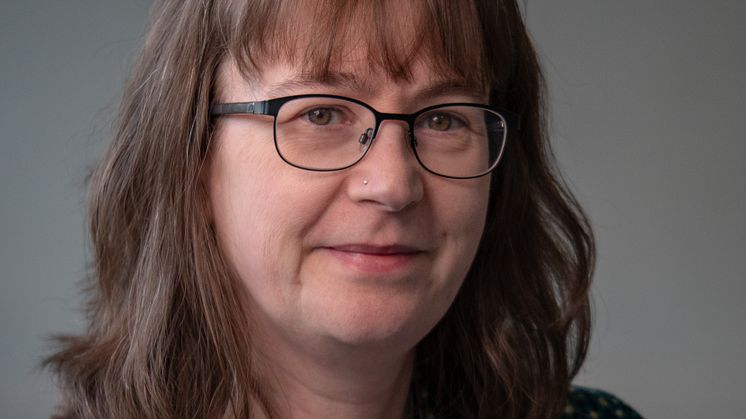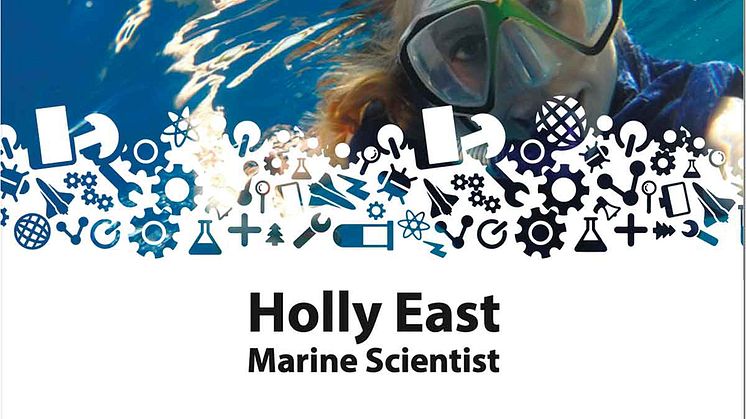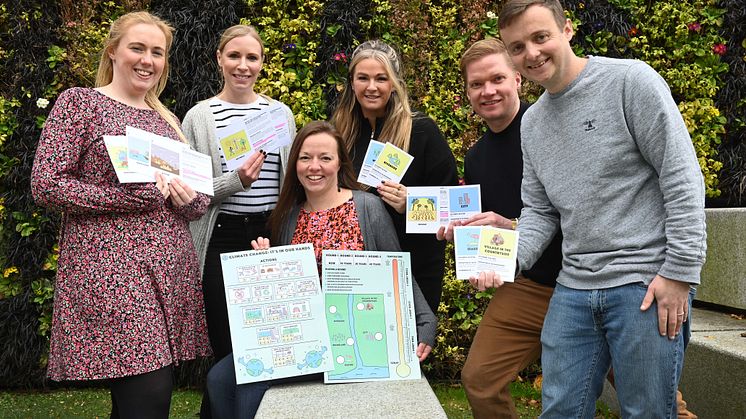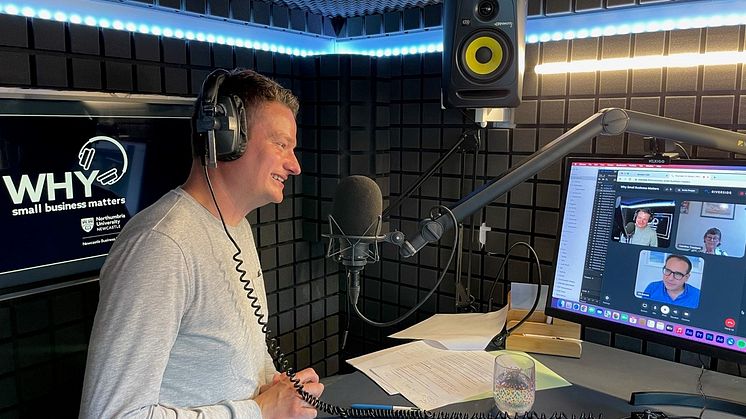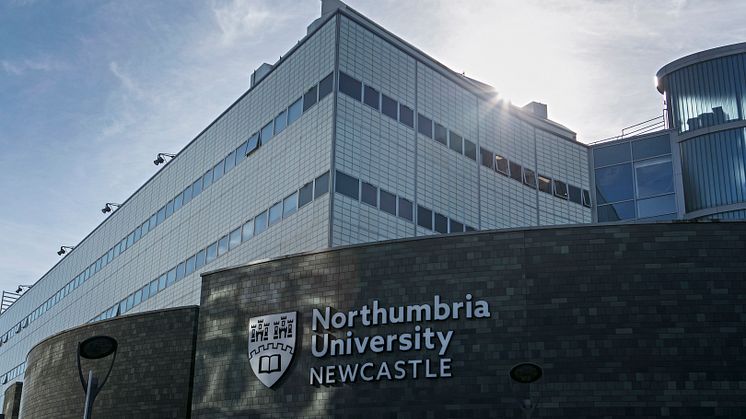
Press release -
Stereotypical views of scientists can be tackled in the classroom
Weekly sessions with primary school-aged children can have a positive impact at challenging stereotypical views of scientists, according to new research from Northumbria University.
The University’s NUSTEM team works with young people, their families and teachers to encourage them to consider careers in Science, Technology, Engineering or Maths (STEM) and know from previous research that while youngsters enjoy the subjects, they often hold stereotypical views of scientists, and commonly do not see themselves with a future or career in these sectors.
Their latest study set out to examine whether a carefully designed ‘Scientist or STEM Professional of the Week’ programme could lead to a positive change in the perception of scientists among young people.
The idea of schools introducing a scientist or STEM professional of the week has since been endorsed by the British Science Association after information was included in activity packs issued as part of British Science Week 2021.
Joe Shimwell, NUSTEM outreach specialist for primary schools, worked with a science coordinator at a partner North Tyneside primary school in the North-East to develop and introduce the idea into the classroom. They created a medium-term, teacher-led programme which would enable the school to showcase a diverse range of working scientists and the qualities they have.
Weekly sessions introduced science role models across different disciplines to children aged 5 to 11 years old, via pictures, names and job titles, along with three key attributes each scientist needed to be successful in their role. Words such as ‘creative’ and ‘passionate’ were used to challenge stereotypical descriptions such as ‘brainbox’ and ‘genius’.
Director of NUSTEM, Dr Carol Davenport, said: “Children commonly see career roles on television or in the media like shopkeepers, police officers or teachers, but scientists are often portrayed as a genius in a white coat.
“If children can see their own attributes are present instead of the usual stereotypes, they will start to identify this scientist or STEM professional as something they can aspire to be in their future career.”
Data was then collected from the children in the form six words they would use to describe a scientist, at four different points before, during and up to 12 months after the sessions.
Commenting on the outcome of the research, which has now been published by Taylor & Francis Online, Joe explained: “A full year after the intervention, the use of common stereotypes had fallen significantly from 47% to 29% of the words used across all children which shows that, with minimal expense and effort from teachers, negative stereotypes of scientists can be reduced.
“At NUSTEM we think it’s really important that the outreach we do is backed up by evidence from research. It allows us increased confidence in our approach as we roll out similar interventions across primary schools in the North-East and beyond.”
Caitlin Brown, Education Manager at the British Science Association, said; “Working with children to break down the stereotypes of what a scientist looks like is a hugely important part of the British Science Association’s mission.
“Studies have shown that attitudes to science become entrenched during children’s formative years, and so demonstrating how broad a spectrum STEM is, and that scientists can come from all walks of life, reinforces a positive relationship with science for children to build on in the future.”
Northumbria’s Professor Becky Strachan, Senior Research Associate Annie Padwick and Digital and Maker outreach specialist Jonathan Sanderson, all contributed to the research paper, along with external research consultant Dr Jennifer DeWitt.
Equality of access to and participation in STEM subjects and careers is a significant and well-documented societal challenge in the UK and internationally. Research shows that the workforce, particularly in the physical sciences and engineering, is still predominantly made up of individuals from the same gender, racial and socio-economic groups that it has been for the past 40 years.
An infographic has recently been developed by NUSTEM to highlight five recommendations for all organisations that want to work towards increasing diversity in all STEM sectors.
- Start working with families and children from a young age.
- Use attributes of people working in STEM to help children to see what they have in common with them.
- Show parents and carers the different routes into STEM careers.
- Support teachers to include careers in their subject lessons. Showcase local opportunities.
- Ensure that company culture is inclusive of staff from different backgrounds. Make STEM sectors good places to work.
The NUSTEM team have recently published their annual report which details more than 7,300 interactions with young people over the last 12 months, including online during the height of the pandemic. Almost 90 schools as well as 1,500 parents and teachers have worked with the team to help broaden career aspirations for children and young people.
Find out more about the services offered for schools, families and employers at nustem.uk
Topics
Categories
Northumbria is a research-rich, business-focused, professional university with a global reputation for academic excellence. Find out more about us at www.northumbria.ac.uk --- Please contact our Media and Communications team at media.communications@northumbria.ac.uk with any media enquiries or interview requests ---








